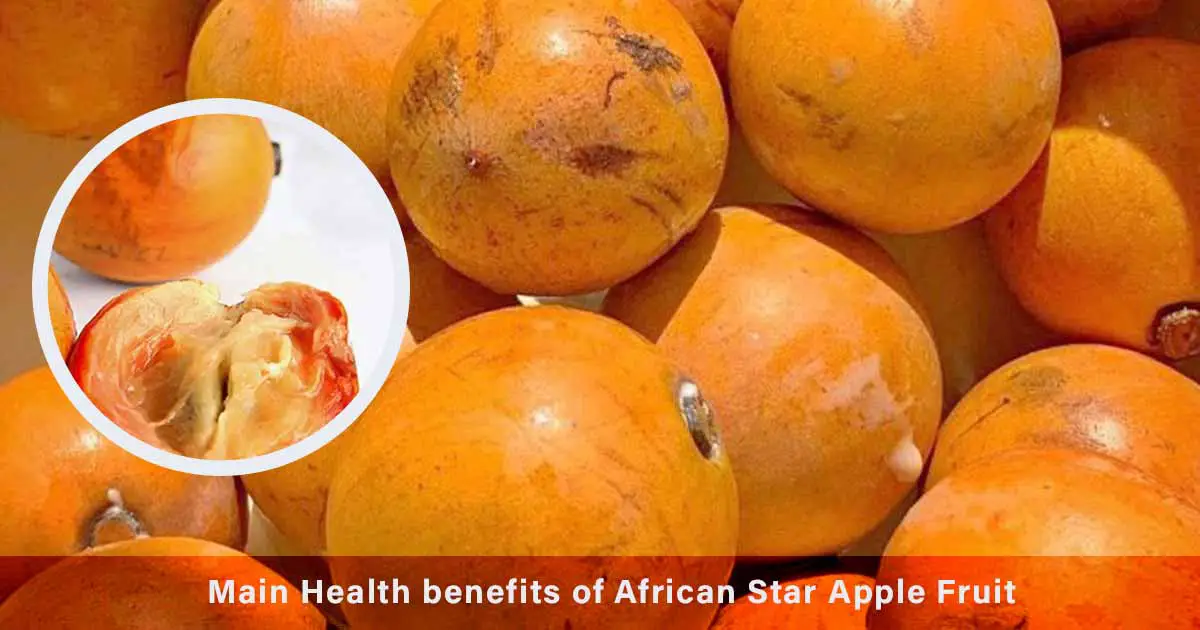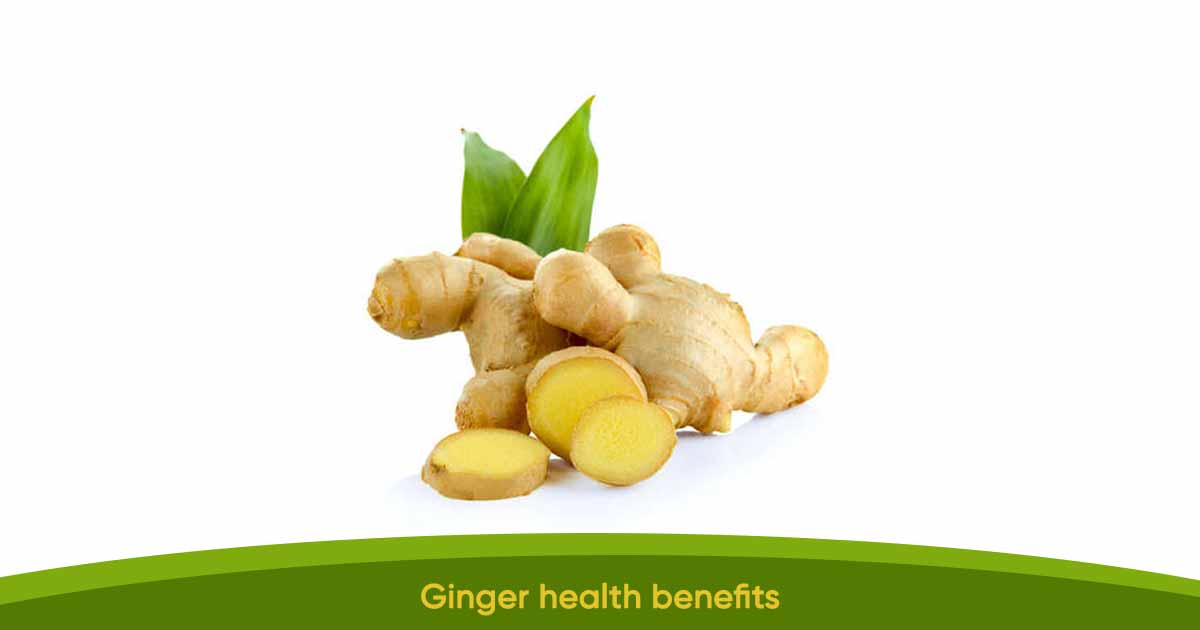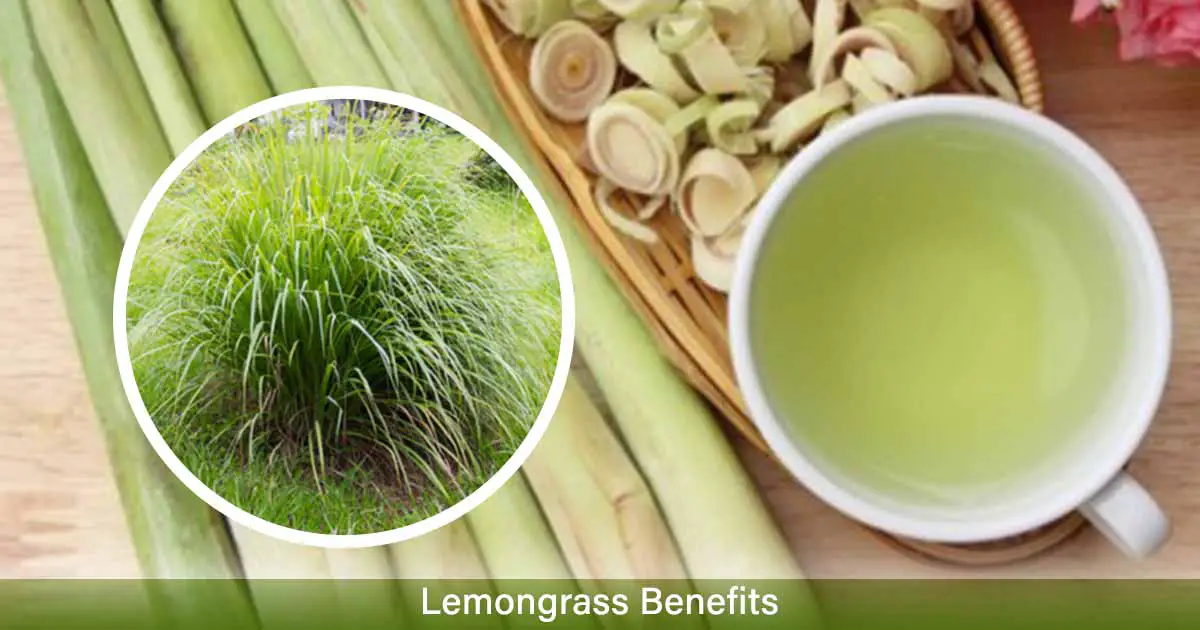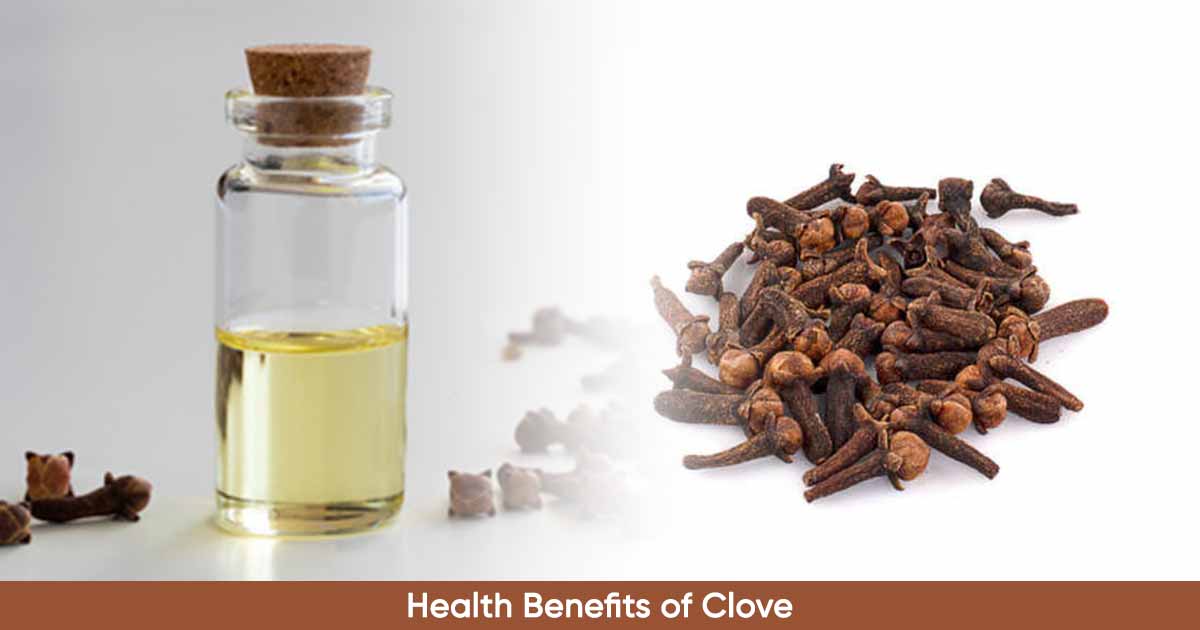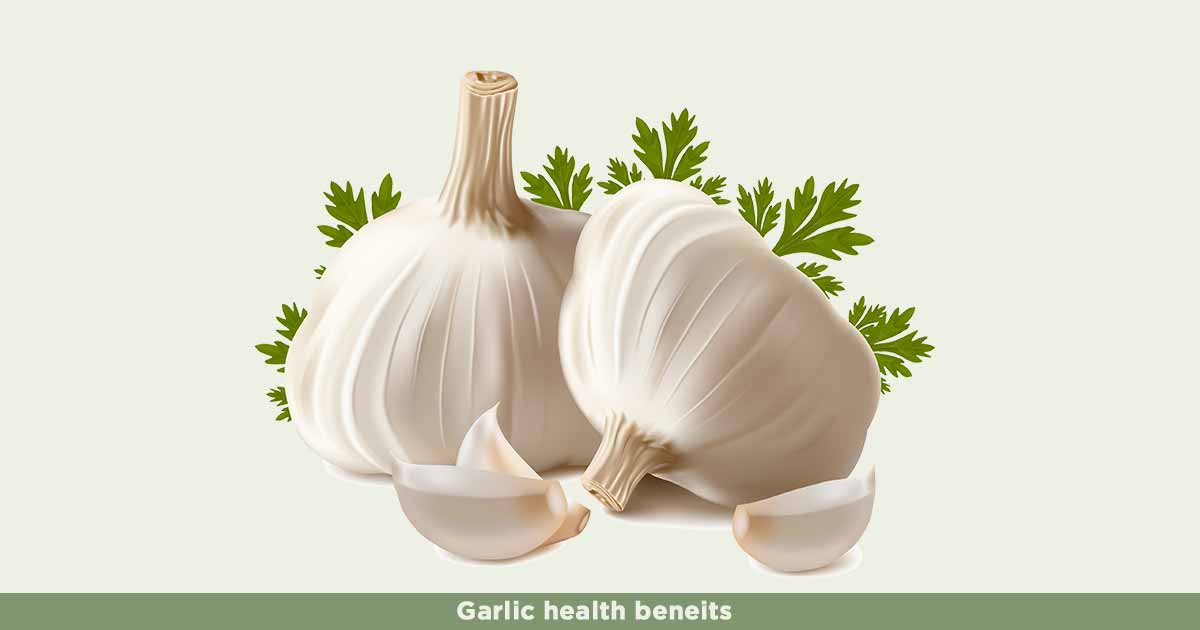African star apple fruit, popularly called agbalumo in Yoruba, udara in Igbo, or cherry is from a forest fruit tree that grows in tropical African countries like Nigeria, Cameroon, Uganda. Other names of the plant are alasa (Ghana), ehya (Igala), agwaluma (Hausa), azongogwe, azonbobwe, fon or goun in Benin Republic. Other species are Chrysophyllum africanum, grown in Central and West Africa, and Chrysophyllum oliviforme, found in Florida.
The plant is from the family, Sapotaceae, and each of the species produce milky latex. African star apple fruit has a fleshy pulp, and five central radially-arranged seeds. When the fruit emerges from the tree, it has a dark green color, which changes to yellow or orange on ripening. The orange-colored fruit is sweeter than the green colored fruit. The fruit is found in the market in the dry season (December to March). African star apple fruit deteriorates easily on storage.
Apart from consumption of the pulp, the fruit is also used for preparing jam, jellies, marmalade, syrup and soft drinks. It also has medicinal properties. Traditionally, it is used to treat bruises, sprains, gum wounds, and diabetes.
Potentially, the gum of African star apple fruit can serve as binder in tablet formation, as studies suggest it can be comparable to acacia gum in pharmaceutical formulations. Ologunagba et al. (2017)
Nutritional Benefits of African Star Apple Fruit
African star apple fruit has abundant nutritional content. The vitamin C content is comparable to other fruits like cashew, orange, guava. Other vitamins present are vitamin A, vitamin B1 and vitamin B2. The peel of African star apple has more nutritional content than the pulp.
The pulp has high potassium, sodium, protein, carbohydrate, lactic acid, calcium, magnesium The leaves of Chrysophyllum albidum has zinc, copper, and vitamins (ascorbic acid, nicotinamin, pyridoxine, riboflavin, thiamine, and cyanocobalamin)
Generally, Chrysophyllum albidum has sodium, iron, potassium, calcium, zinc, manganese, copper, magnesium, phosphorus, selenium, and chromium in different levels in the fruit pulp, skin, and seed shell pericarp.
Carbohydrates, proteins, fats and oil are in sufficient quantity. The fruit skin has a good quantity of crude fiber.
Bioactive Constituent of African Star Apple Fruit
Chrysophyllum albidum contains phenols, alkaloids, flavonoids, tannins, pectin, polyphenols, cardiac glycosides, anthocyanin and proanthocyanidin, and significant amount of anti-nutrient such as phylate, oxalate in the sour fruit.
The fruit also contains good quantity of beta-amyrin acetate, epigallocatechin, epicatechin, eleagine, skatole, stigmasterol and tetrahydro − 2- methylharman.
The leaves of African star apple fruit contains alkaloids, terpenoids, saponins, flavonoids, phenol, steroids, cardiac glycosides, while the seed shell pericarp in addition to these phytochemicals contain tannins.
Fruit skin contains alkaloid, tannin, saponin, flavonoid, terpenoids, while the fruit pulp contains alkaloids, saponins, tannins, terpenoids, flavonoids, phlobatannins, phenols, reducing sugars, cardiac glycosides. The stem bark has alkaloids, tannins, saponins, and flavonoids.
Alkaloids have anti-inflammatory action, while flavonoids are powerful antioxidants that mop up free radicals. Saponins form insoluble complexes with cholesterol, reducing lipid and cholesterol levels in the body.
Health Benefits of African Star Apple Fruit (Agbalumo)
Heart disease: The African star apple fruit (agbalumo) may help those with heart diseases and stroke as it has high potassium content.
Antioxidant property: Chrysophyllum albidum contains flavonoids, vitamin C that are powerful antioxidants. They mop up free radicals in the body that increases the risk of diseases such as cancer, diabetes mellitus, cardiovascular diseases, neurodegenerative diseases and arthritis.
Antimicrobial action: Saponins, flavonoids, tannins, alkaloids have antimicrobial activity. African star apple fruit also contains eleagnine, tetrahydro- 2 – methylhar-man and skatole. These compounds possess antimicrobial activity.
Ethanolic leaf extract of the plant inhibited Streptococcus, Salmonella typhimurium, Shigella spp., Staphylococcus aureus, Bacillus subtilis, Aspergillus niger, E. coli, and C. albicans.
Antimalarial property Methanolic extract from the bark of C. albidum has alkaloids, saponins, anthraquinones. These phytochemicals that have antiplasmodial action. Saponins and alkaloids have antiprotozoal action.
The fruit pulp, seeds, and bark of the plant have antimalarial property, and may be consumed by pregnant women to help prevent malaria.
Fertility: An experiment was carried out with an aqueous leaf extract of Chrysophyllum albidum in lead-exposed female wistar albino rats. Lead has a negative effect on the reproductive system by causing oxidative stress. This may lead to reduced libido, sperm quality, count, motility, and DNA integrity. It also reduces fertility and may cause miscarriages, preterm birth.
The extract of the plant caused a dose dependent increase in follicle-stimulating hormone, luteinizing hormone, and estrogen concentrations, restoring folliculogenesis and estrous cycle to normal.
Also, vitamins (vitamin C, E) and minerals such as selenium in the fruit may help to improve fertility. In traditional medicine, the fruit is used in herbal preparations, and pregnant women are advised to consume the fruit at an early stage of pregnancy.
Diabetes: Studies suggest C. albidum infusion may mediate anti-diabetic activities by stimulating muscle glucose uptake and modulation of key metabolisms linked to diabetes.
It can also prevent diabetes by lowering glycemic indices, inhibition of α-amylase and α-glucosidase activities, and preventing oxidative stress.
References:
- https://www.researchgate.net/publication/350210021_African_Star_Apple_Potentials_and_Application_of_Some_Indigenous_Species_in_Nigeria
- https://pubmed.ncbi.nlm.nih.gov/33270256/
- https://www.researchgate.net/publication/342872481_A_Review_on_Medicinal_Uses_and_Pharmacological_Activities_of_African_Star_Apple_Chrysophyllum_albidum

